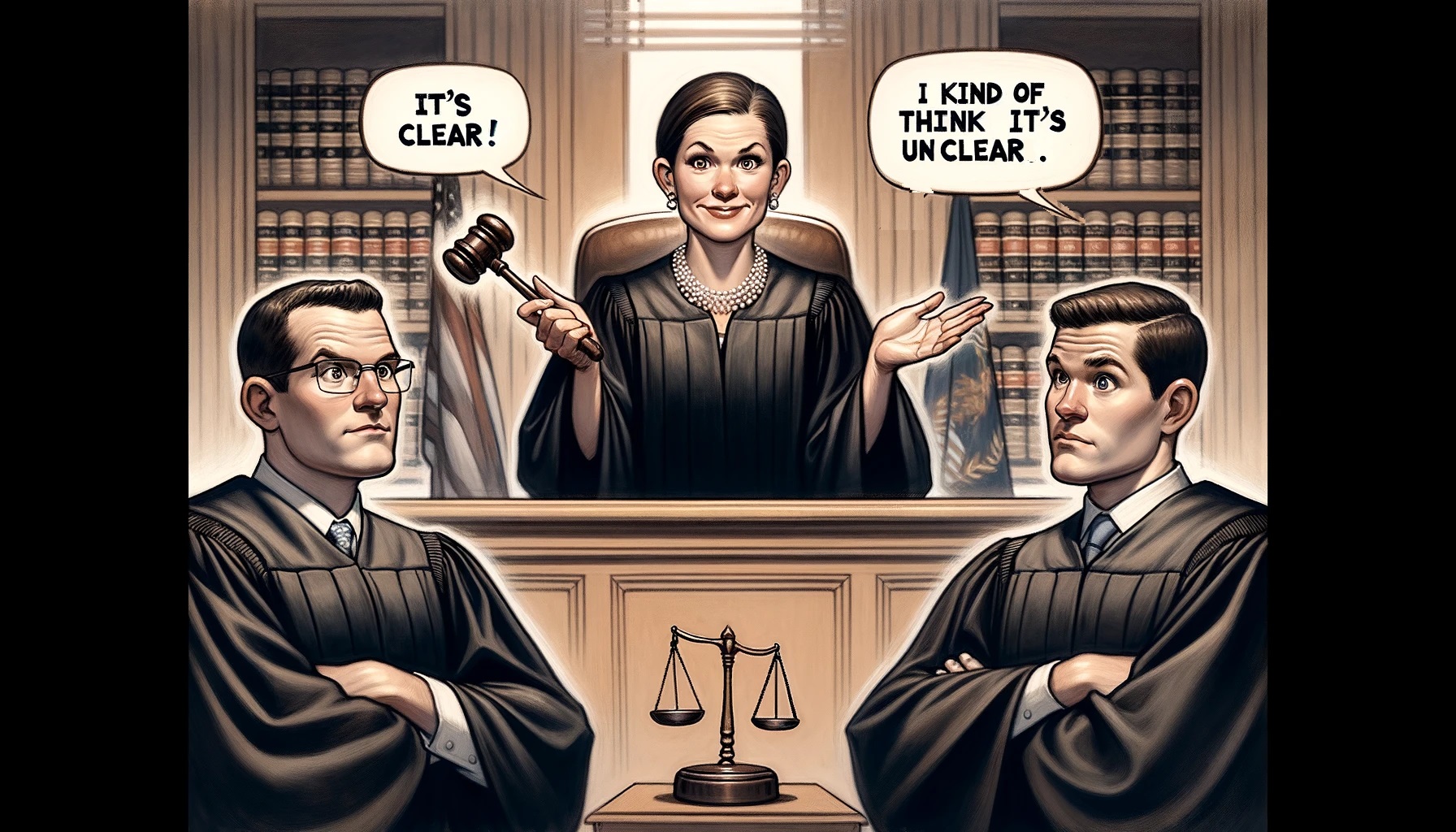
The parties settled the Lemon Law case in Ayers v. FCA US, LLC (D2d8 Feb. 27, 2024 No. B315884). But the settlement amount was less than defendant Fiat-Chrysler’s Code of Civil Procedure section 998 offer. So Fiat-Chrysler said that means all plaintiff’s post-offer fees and costs are unrecoverable, and the trial court agreed. The trial court noted that section 998 does not say anything about “settlement”—instead, the statute operates where the plaintiff does not accept the defendant’s offer and then “fails to obtain a more favorable judgment or award.” (Italics added.) Here, plaintiff Ayers noted that Fiat-Chrysler did not obtain any “judgment or award.” So section 998 simply does not apply. Right?
Wrong, said the Court of Appeal, reversing in a published opinion. Contrary to the plaintiff’s textual interpretation that “judgment or award” does not mean settlement, the court concluded that “a plain reading” yields the conclusion that the “more favorable judgment or award” language merely refers to a more favorable “terminat[ion].”
To support this interpretation, the court cited Madrigal v. Hyundai Motor America (2023) 90 Cal.App.5th 385, 399, review granted Aug. 30, 2023, S280598. Madrigal held that "By its plain terms, section 998 does not exclude cases that end in settlement, or limit its cost-shifting provisions to cases that end in a judgment after trial . . . ."
The Supreme Court has granted review in Madrigal to decide the question: “Do Code of Civil Procedure section 998's cost-shifting provisions apply if the parties ultimately negotiate a pre-trial settlement?”
So the Supreme Court’s answer, so far, to the question whether 998 applies to cases ending in settlement is: We’ll see.
Even though the Supreme Court found this statutory question worth reviewing, the Court of Appeal boldly concluded: “we find no ambiguity in the relevant terms of section 998” that it does, definitively, apply to settlements. The court thus declined to consider legislative history on the point.
Justice Viramontes would have agreed with the trial court and the plaintiff that post-offer cost-shifting under 998 does not apply when the litigation ends in settlement. Justice Viramontes concluded that 998 is ambiguous whether it applies to settlements, but that after reviewing the legislative history—which the majority had failed to consider—the question should be answered in the negative and that 998 does not apply to settlements.
I always find it curious when a panel concludes that a point is “unambiguous” when a member of the very panel disagrees. If you cannot even command agreement among the court on such a bold holding, how does the court expect the parties and the public to accept that holding?
This case was a clash of titans at counsel table, with Horvitz & Levy attorneys representing the prevailing defendant-appellant and Greines Martin attorneys representing plaintiff-respondent. Expect a petition for review, and a likely grant-and-hold while the Supreme Court decides the underlying question in the Madrigal case.